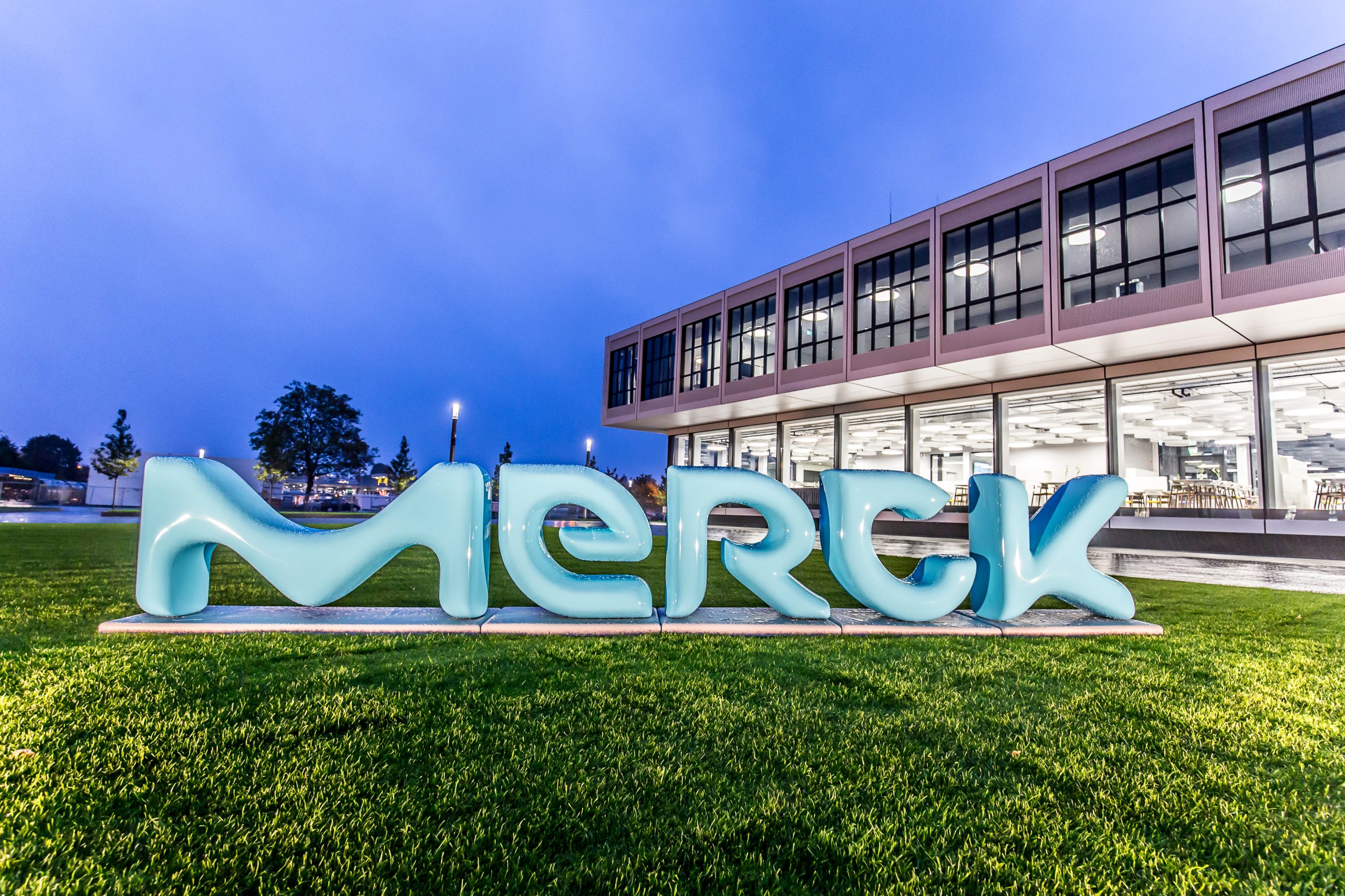Merck KGaA takes second option from cancer immunotherapy pact with F-Star

Germany’s Merck KGaA has taken an option on a second cancer immunotherapy drug from its development deal with Anglo-American biotech F-star Therapeutics.
The companies signed a deal to develop cancer immunotherapies in summer 2017, where Darmstadt-based Merck KGaA paid $115 million up front, agreeing to further payments during the first two years of the collaboration and options to buy five of F-star's bispecific drugs.
An undisclosed option exercise payment has been made to F-star and Merck will pay future success-based milestones and royalties on net sales resulting from the transaction.
The companies have also agreed to the licensing terms for the inclusion of two additional preclinical drugs under the existing partnership. No financial terms related to the revised agreement are being disclosed.
Merck took its first option from the collaboration in May last year, although it walked away from a phase 1 LAG-3 PD-L1 bispecific drug that has shown promise in cancers that are resistant to PD-1/PD-L1 checkpoint inhibitors such as Keytruda.
At the same time the companies restructured the deal although they did not give details about the changes.
What was clear was that the changes left F-Star to focus on further development of the LAG-3 drug, which is codenamed FS118.
Based in Cambridge, UK, and Cambridge, Masschusetts, F-star is notable for its ‘modular’ corporate structure, where the company’s pipeline assets and technology platforms are in separate units to allow third parties to invest in, or acquire, specific assets.
F-star has already worked with US biotech Denali to develop bispecific antibodies capable of crossing the blood-brain barrier to tackle diseases of the central nervous system.
The biotech also signed a cancer immunotherapy deal in 2016 with AbbVie, but in 2017 Bristol-Myers Squibb decided not to take an option on F-Star’s FS102, an antibody fragment targeting HER2.
F-Star has proprietary antibody technology and aims to use it to develop immuno-oncology drugs that have greater and longer-lasting benefits than those already on the market.












